Personalisation
in a cookieless world

In January 2020, Google announced that it would be phasing out third party cookies in the next couple of years. This was not unexpected as the end of third-party cookies has been looming large over marketers for the past couple of years.
Safari and Firefox have been blocking third party cookies since 2013 - but with Google Chrome accounting for over half of all global traffic, this will have a much more significant impact on both users and marketers.
Research from GetApp shows that nearly half of marketers feel that obtaining the right data will be their biggest challenge following the phase-out - and with Google’s recent announcement that they will not be putting out any alternatives, this may mean a significant change in how the marketing world obtains the ‘right data’.
So what does the ‘death of cookies’ mean for digital marketing? And how will this affect the future of personalisation?
What exactly are cookies?
Currently, a lot of personalisation only happens thanks to cookies. Cookies (and the data they collect) fall into two main categories:
First party cookies, which are stored directly by the domain the user is visiting. These are primarily used for analytics and user preferences. For example, first-party cookies on websites like Netflix and Amazon allow users to automatically sign in, rather than making users log in every time they want to access either site.
Third party cookies, which are created and stored by domains other than the one currently being visited by the user. Unlike first party cookies, these are primarily used for advertising purposes. For example, a Facebook pixel placed on the Amazon website would allow Amazon to reach its users on Facebook with adverts for items in their shopping cart - a very effective technique known as remarketing.
Right now, third party cookies are a particularly hot topic in the marketing sphere, with many marketers relying on third party cookies to deliver highly personalised and relevant content to users, as well as to better understand user behaviour and optimise accordingly.
Consequently, the impending phase-out of third-party cookies presents a challenge for digital marketers - how are we supposed to deliver personalised adverts without the data needed to personalise them?
While some alternative solutions such as Google Topics have been put forward, primarily based on historical data and machine learning, we foresee this causing problems - especially if you’re in a niche market, where customer behaviour may not necessarily align with the available data.
Personalising without third-party cookies
Any business that is heavily dependent on third party cookies should also look ahead to the data sources we will still have available to us, and consider how to make the most of them to continue providing personalised experiences.
First party data is still crucial to understanding the customer journey, and how users navigate through your website - what kinds of pages do they visit? Do they tend to browse primarily on mobile or desktop? What calls to action do they click on? This is all information you can use to improve their customer experience, from optimising pages for mobile users to displaying relevant content based on previous website activity.
Zero Party Data has been a popular concept for some time now, and is likely to become even more relevant as third-party cookies are phased out. Zero Party Data refers to data that is willingly and knowingly given by users - for example, when they’re signing up for a newsletter or answering a survey. This presents a great opportunity to collect very specific and relevant data, while maintaining complete transparency and therefore users’ trust.
Finally, adopting a ‘360 view’ will ensure that you have a holistic view of your customers across all channels - from your website, to social media, to email, to offline interactions. This empowers marketers to better understand their audience, and therefore deliver personalised content that really engages users.
In Conclusion…
So far, Google hasn’t announced a definite end date for cookies - in fact, they have just revised their planned phase-out deadline to 2024. However, the increasing push towards privacy and transparency from consumers means that the end of cookies is inevitable, and it’s never a bad idea to be too prepared.
Looking on the bright side, this presents us with an opportunity to find new, privacy-friendly approaches to collecting data for personalisation, as well as re-examining our own approaches to data collection in general - ensuring that our data is truly valuable, both for the business and its customers. Personalisation is at the core of all the work we do at Webstars, so we’re always looking for ways to help our clients make the most of their data and reach their target audiences with relevant, personalised messaging.
If this is something that’s on your radar, why not get in touch with us?
Account Based Marketing
Download our Complete Guide







